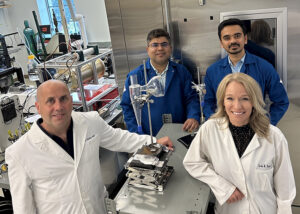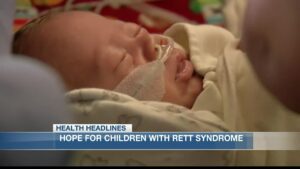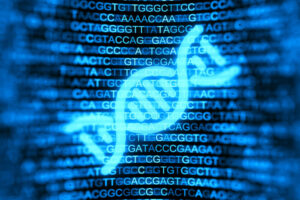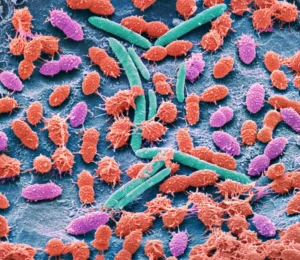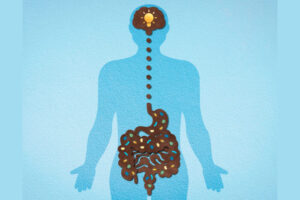Now that the emergency phase of the COVID-19 pandemic has ended, scientists are looking at ways to surveil indoor environments in real time for viruses. By combining recent advances in aerosol sampling technology and an ultrasensitive biosensing technique, researchers at Washington University in St. Louis have created a real-time monitor that can detect any of […]
Air monitor can detect COVID-19 virus variants in about 5 minutes (Links to an external site)
